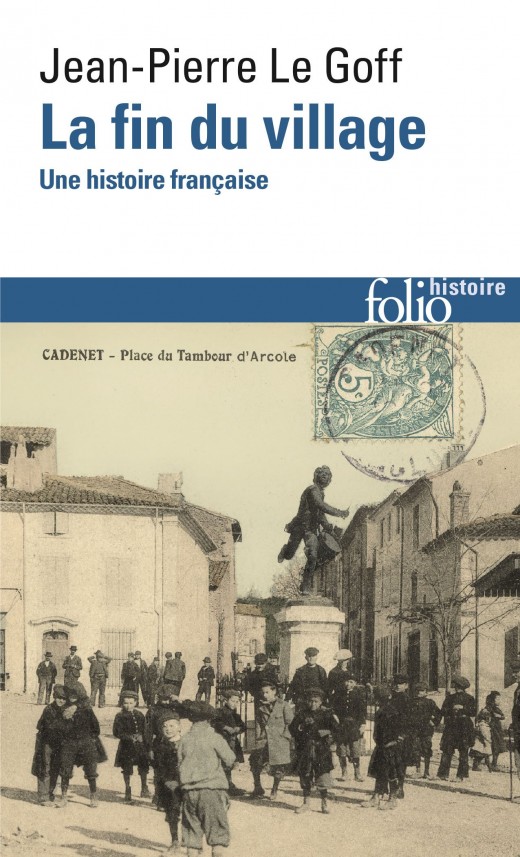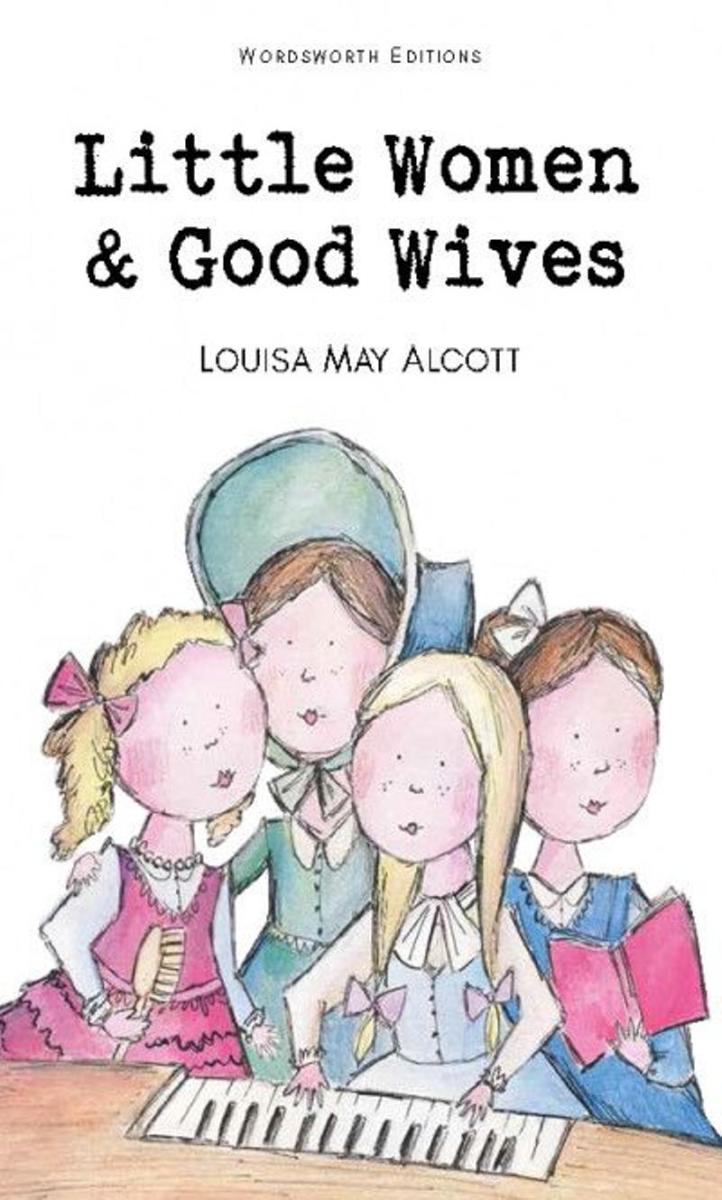La fin du village Book Review

France is a nation which has been particularly attached to a rural and provincial image of itself, based on the idea of small villages and their communal life. Up until relatively recently, within the last century, France was a majority rural nation - and yet, nowadays France is an overwhelmingly urban country, and the small villages which once formed the home of much of the French population have either declined to the profit of the big metropolises, or lost their soul and serve simply as empty tourist villages or suburbs for their larger cousins. This has generated a wide array of French studies which aim to look at how this process of technological transformation and change has affected the countryside, and one of these is La fin du village: Une histoire française which takes for its stage the provençal village of Cadanet, which shows many of the national changes, as well as the more specialized regional and local developments, which have defined the experience of many French villages.
It is a difficult book to cover in its full depth, for it covers an incredibly wide diversity of different topics and transformations in the life of the village of Cadenet. Initially it opens up by laying out the genre in which it is situated, that of the French village studies type - with a thoroughly impressive list of various books which have been published on the subject. For its actual topic, it continues with some discussion of the unchanging elements of life in Cadenet, such as the bar à boules - the bar with its pétanque ground, the time-honored provençal game. But it then goes back to look at what life used to be like in the village, covering topics ranging from work in the basket-making to social life for the young people of the town. Its history is not neglected too, mostly focusing on its involvement with the wars in the 20th century and how this is remembered - the First and Second World Wars, as well as the Algerian War, which enjoy differing attitudes, memories, memorials, and perceptions. Education is a key theme, as is the various associations which provide for a social life and culture in the town ranging from book associations to the volunteer fire department. The arrival of foreigners or immigrants from the rest of France, and their integration, is married to much discussion of the outlook and mentality of the village inhabitants. Spiritualism, culture, and religion - and to some extent the lack of it or more appropriately its place in a "red village", with a fiercely anti-clerical history, find their place as well.

This book is both one which is a French story and the French story at once: it is a deeply, almost achingly, local story, one which relates a French village, provençal and provincial, one suspicious of far away people, strangers, and with its own mentalities, suspicions, and behaviors - in this regard, the book faithfully remarks upon the village inhabitants and their own particular traits. And yet at the same time the story it tells is one which is universal to all of France, which as a whole has seen such a dramatic evolution of rural to urban demographics and a simple transformation of life - after all, even if there remain many people in Cadenet, even if the population has actually expanded, it has been utterly transformed from how it was in the past. This was the case even half a century or more ago, as the book relates with the introduction of television into the village which greatly altered communal and individual entertainment, but it is a change which has only become more and more pronounced over time.
In regards to the story which it tells, it is a book which is easy to read, and which conveys an impressive amount of information, as can be related above. The author, having lived in Cadenet for decades, has an impressive number of stories, events, and histories which he can relate to the reader, and he does so with abandon: it provides a human touch to this book, one which separates it from many history books and which does much to provide for its transformation into an ethnological/anthropological one. At the same time that it looks at small events, it is not afraid to tie them into a larger framework, such as the transformation which, in the long run, May 68 brought to France and to Cadenet, even if in Cadenet it wasn't until the 1980s that the main effects began to become clear. One can truly get a good feel, I believe, for the village, one which surpasses just the writings of tourist guides, but which does an impressive melding of history, mentality, and society to enable one to touch the essence of Cadenet, its struggles, changes, and self-perception.
For the stranger, this book is much more than simply a book about a French village, but also a look into a particular facet of France, rural life in Provence. It can easily be forgotten by the foreigner that France is a quite diverse country, one which, despite the homogenizing effects of recent history, still has important differences between its various regions with accents, cuisine, mentality, and mentalities. This book enables one to look at provençal France, and the mindset of the people who live there - there is much focus in the book upon explainin
This evident enthusiasm on the part of the author for the village and its history is what gives rise on my part to the greatest trepidation: the old village seems portrayed as near utopian, with a community which was happy with its work, connected to the land, without the ills of modern society, more carefree and with its evolution and development more natural, in many ways more free and less encumbered than what has come to be the case. Perhaps it is the case that it was this way, but the book instills little confidence in me that it is providing a true, accurate, faithful representation of life in the village: rather
Fundamentally, studies of villages in the current day are studies which are above all else done for ourselves, and in many ways represent better studies of our own preoccupations and interests more than the history of the place which we had studied. I think that the author did the best he could with the study of the village of Cadenet, but he never could truly escape this, couldn't escape the increasing preoccupation of French people with the present and its woes and in turn to attempt to find some form of escape in a more tranquil past, where the main woes were things that came from outside the village. This book is not simply a praise of rural life, and it is much more nuanced and complex. But it still is one which could have better managed its treatment of the dramatic changes which certainly and definitely have occurred in French villages. Its readable story, almost novellesque, rich with details and information - but one which instills less confidence than it should to the reader that it treats its topic in a way which is more than simple the writings of a Parisian nostalgic for a time which he had never known in a place he had never visited. It still is a book which is well worth reading, but unfortunately, it could have been more if it had undertaken a more critical view of the past and the stories which were recounted or heard by the author.
© 2019 Ryan Thomas









